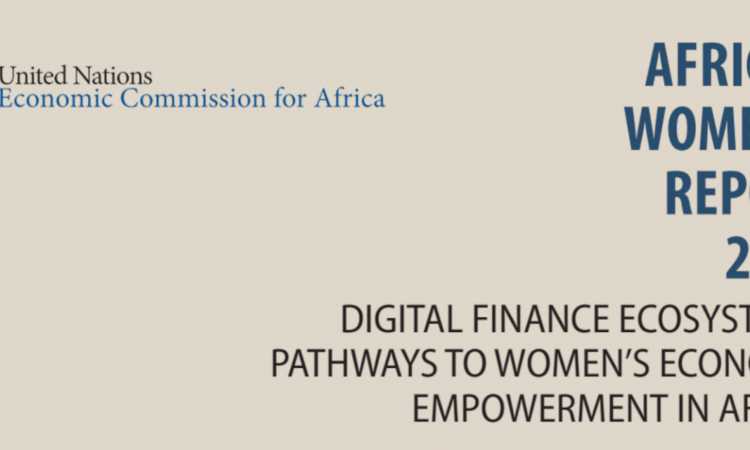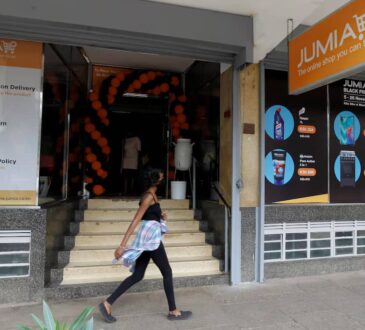New report outlines how digital finance can drive women’s economic empowerment in Africa

A new report reveals persistent barriers in the digital finance sector that limit women’s economic empowerment in Africa, while recommending policy responses to overcome them.
Commissioned by the United Nations Economic Commission for Africa (ECA), the latest edition of the biennial African Women’s Report was published today. The report analyses the digital finance ecosystem in Africa to examine all its components and how they impact women’s economic prospects.
Barriers
The report pinpoints five key issues affecting the use of digital finance as a catalyst for women’s economic empowerment in Africa. First, despite having more mobile money services than anywhere else in the world, women’s access to digital services, mobile and internet in Africa is limited due to illiteracy, cost, skills gap and social norms.
Second, while impressive gains are made in improving women’s digital finance skills, Africa lags behind compared to other regions. For instance, the share of women with digital finance skills in North Africa has doubled from 12.5 per cent in 2014 to 25.7 per cent in 2018 – surpassing the global average of about 20 per cent. However, the same figure stands at only 12 per cent for the entire continent.
Third, only 33 per cent of women in Africa have a formal bank account compared to 43 per cent of men. This gap, together with limited access to economic assets, escalates women’s vulnerability and exclusion from profitable sectors and formal jobs. Fourth, social norms as well as inherent biases in financial practices, products and services adversely impact women.
Finally, the lack of women’s participation in decision-making processes, as well as in financial and technology fields, means digital finance policies and products are unlikely to include women’s perspectives and meet their needs. In addition, in some African countries, women are nine times less likely to have formal identification than men, which impedes their ability to access, own and use digital finance services freely and safely.
Speaking about the report, Ms. Edlam Yemeru, acting Director of ECA’s Gender, Poverty and Social Policy Division, said: “Africa is a global leader in several transactional technologies such as mobile money but there remains considerable scope to scale up digital finance and ensure that women can take full advantage of the resulting opportunities. This requires addressing a number of barriers related to connectivity, digital literacy, cost, laws and culture.”
She continued: “Our report takes a holistic approach in looking at the digital finance ecosystem and defines policy options for governments to develop the sector further and accelerate financial inclusion while paving the way for women’s economic empowerment – leaving no one behind.”
Responses
The report outlines 10 policy responses for governments to consider in ensuring their national digital ecosystem supports, not challenges, women’s economic empowerment.
Specific responses include prioritising female representation in the sector, up-skilling people – especially women – in digital finance, reforming laws for greater mobile money uptake and designing gender-sensitive policies that combine technology with social development.
The report proposes that sex-disaggregated data on internet usage, mobile ownership and financial literacy should be part of national household surveys to inform the design of relevant policies.
It further recommends embedding digital finance frameworks in national development plans and working with credit bureaus to address the potential for inherent gender biases within credit reporting systems.
Finally, the report urges African countries to establish regional digital finance regulatory and justice frameworks using the African Continental Free Trade Area as a platform to enable digital identities and improve cross-border cooperation.
The African Women’s Report is a biennial flagship publication of the ECA. The latest edition focuses on ‘Digital Finance Ecosystems – Pathways to Women’s Economic Empowerment in Africa’.







